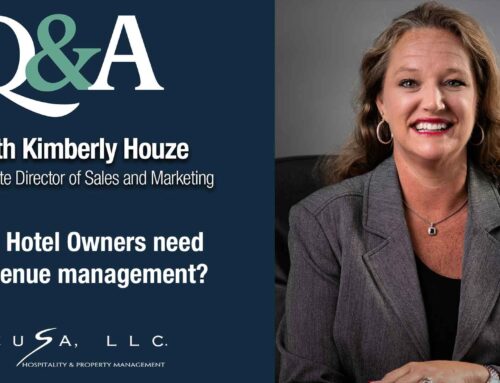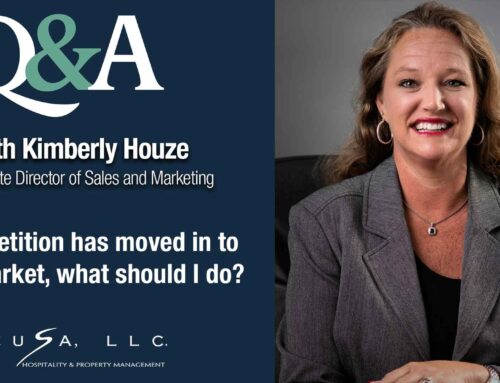By Michael K. Hourigan
A franchise agreement may be the most important document a hotel owner negotiates. A good relationship with the franchisor is at the core of a successful and profitable hotel business venture, and the franchise agreement is the foundation of that relationship.
The franchise agreement is an extensive and detailed agreement. It can often seem incomprehensible and intimidating to the potential franchisee. There is often a perception that what the franchisor presents is fixed and non-negotiable. However, a careful review and well prepared objections can often get an owner a better deal. This article details the five most important terms that an owner can negotiate.
Before beginning the list – notice the title of this article. These are not the five most important terms in the agreement. These are the most important terms that the franchisor is likely to negotiate. There are many terms the franchisor will never negotiate, and trying to negotiate them will only waste time and erode trust. The hotel franchisor will not negotiate on the use of trademarks and brand identification. It will not negotiate anything dealing with quality standards or the payment of franchise fees. It will not negotiate anything that may dilute the value of its brand.
However, it will negotiate on some terms, which are very important to the ultimate value of your business venture, specifically the following:
- Extension Terms and Renewal Rights: Undertaking the ownership of a franchised hotel is a huge investment. You want it to be an asset that you own, without the potential of losing it after a term of years, or being required to pay an exorbitant fee for renewing the franchise. Most franchisors will see it the same way. If the franchise agreement presented to you has a set term, you should refuse to make the deal without a firm and guaranteed right of indefinite renewal.
- Assignment and Transfer Rights: At some point, you are going to need an exit plan. Most often it is the sale of the hotel, but it might be passing the property on to your heirs, or selling a portion of your interest to realize a cash benefit. You need to be planning for this from the outset, and, because you do not know what the circumstances will be, you need to create flexibility in the franchise agreement. The franchisor will want (and insist) on some measure of control over who you sell or assign the hotel to, but the franchise agreement can limit their discretion and the cost of the transfer. It is a term that does not cost the franchisor, but it might be essential to you when the time to cash out arrives.
- Opportunity to Cure in the Event of Violation: The franchise agreement will be filled with obligations you are undertaking in the operation of the property. You do not want to allow a situation in which the franchisor can find a violation, and immediately impose a major penalty or declare a default. Therefore, you need a clear right of notice of violation and reasonable terms on which you can cure the violation before there are any adverse consequences. The franchisor generally will (or at least should) agree to such terms.
- The Initial Fee: The franchisor will not negotiate the franchise fees, as that is the life blood of its business model. However, it often will negotiate the cost of entry, the first part of which is the upfront franchise fee. You should make your best case that this is a long relationship for the mutual benefit of the parties and that reducing the initial franchise fee allows you to invest more in the property. From there, you should make the best deal you can on the initial payment.
- Timing of Opening and Commencement of Franchise Fees: As noted above, while the franchisor will not negotiate the franchise fees, because to do so would compromise its entire business model, it may negotiate the cost of entry. The second part of that cost will be a discussion of when the franchise fees become operational. Your property is going to need time to reach its expected cash flow. In calculating the initial investment, you should seek a schedule by which the franchise fees are implemented on a gradual schedule, which allows you the time to become known in the marketplace and economically productive.
AND FINALLY, ALWAYS TRY TO NEGOTIATE THE PERSONAL GUARANTEE. Most franchisors will seek a personal guarantee, which, in the event of a default under the franchise agreement, has the potential to bankrupt all but the most affluent owners. Always push back on this term. You may not be able to avoid it altogether, but you may be able to limit its scope and term.
The negotiation of a franchise agreement may seem like a daunting challenge but, aided by competent legal counsel experienced in the hospitality industry, it can be done, and the long term benefits can help secure the investment return you are expecting to realize.
Ferguson, Schetelich & Ballew maintains an active legal practice in the hospitality industry. Michael Hourigan has worked in the field for more than 20 years, and now heads the Hospitality Law Practice Group at the firm.





